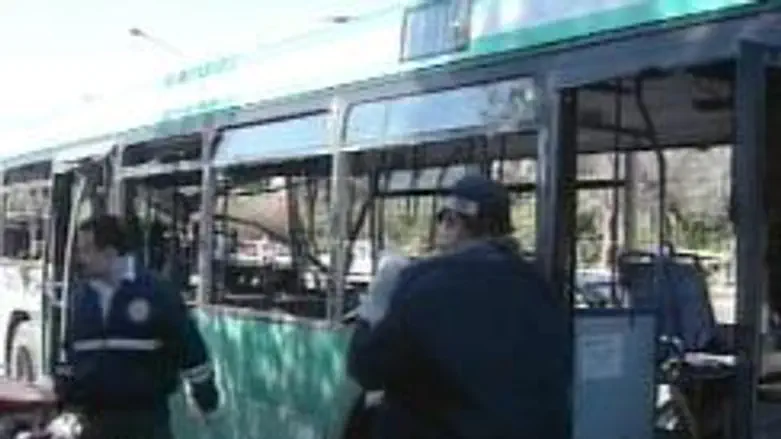
The Jerusalem District Court, in an unprecedented decision, has ruled that legal papers can be served against individuals representing terrorist groups without having to deliver the suit personally to the terrorist group. Previous suits filed against the Palestinian Authority in the United States and in Israel have amounted to hundreds of millions of dollars, and the new open door for more lawsuits could help cripple the terrorist organizations politically and financially.
The decision overrules a lower court ruling and opens the door for individual lawsuits by victims of terror groups such as Islamic Jihad and Hamas, according to the Israel Law Center (Shurat HaDin).
“One cannot very well travel into the Gaza Strip to hand Hamas the papers,” explained the Law Center. “It is far too dangerous to enter Jenin, where Fatah's bomb factories are located, and try to catch them at work. Moreover, there are not many process servers willing to deliver a complaint to Hizbullah for us in southern Lebanon."
The District Court reasoned that a terrorist organization is similar to a business corporation, allowing its de facto representatives to be served legal papers.
The petition to the court involved lawsuits on behalf of terror victims against Hamas and Islamic Jihad. The Weinstein family, who lost their son Adam in a suicide bombing on Ben Yehuda Street in Jerusalem in December 2001, filed a suit against Hamas. The Law Center delivered the papers to the Hamas representative who is Minister for Jerusalem Affairs and lives in eastern Jerusalem.
The second lawsuit was brought by the families of 17 terror victims who were wounded in a suicide bombing at the Meggido Junction in June 2002. “The civil action was filed against Islamic Jihad and was served on Bassem Sa'adi,” the Law Center stated. Sa'adi was a convicted terrorist who signed on behalf of the organization in the "Prisoner's Treaty," which was a conciliation agreement between rival Palestinian terror groups.
The lower court had ruled that terrorists, although they were in contact with the terrorist groups, could not be served the legal papers because they were not "officially authorized to receive lawsuits on behalf of the organizations."
The District Court reasoned that “authorized representatives” refers to a "business or place of work," and although a terror organization is not considered a "business,” the term can also include "businesses" of terrorism.
It added that prohibiting the delivery of papers to representative terrorists would render their organizations immune from lawsuits.
